At a time when building materials are constantly being updated, resin tiles have gradually become a popular choice for roofing materials due to their unique advantages. From quaint Chinese courtyards to modern minimalist residences, resin tiles, with their various shapes and colors, have given buildings a beautiful and practical "outerwear". However, resin tiles on the market are not "stereotyped", and resin tiles of different materials have obvious differences in performance, lifespan and price. Only by deeply understanding their advantages and disadvantages can we make the most appropriate decision when selecting materials for decoration.
Common resin tile material classification
The mainstream resin tiles on the market are mainly divided into PVC resin tiles and ASA resin tiles. PVC resin tiles are roofing materials made of polyvinyl chloride resin as the main raw material, with fillers, stabilizers and other additives added, and are extruded at high temperature. ASA resin tiles are upgraded on the basis of PVC resin tiles, with a layer of ASA engineering resin on the surface to form a composite structure tile.
Advantages and disadvantages of PVC resin tiles
PVC resin tiles are affordable and are the first choice for many users with limited budgets. Calculated by price per square meter, PVC resin tiles are often about 10-20 yuan lower than ASA resin tiles. Its installation process is also relatively simple and light, with a weight of usually 2-3 kilograms per square meter. It can be carried and installed by one person, which greatly reduces the construction difficulty and labor costs. In addition, PVC resin tiles have good waterproof performance. Its unique overlap design and smooth surface characteristics can effectively prevent rainwater penetration and ensure that the roof is leak-proof. Moreover, PVC resin tiles are rich in colors, and different colors can be selected according to the architectural style and personal preferences to meet diverse decoration needs.
However, the disadvantages of PVC resin tiles are also obvious. It has poor weather resistance and is prone to fading and deformation after long-term exposure to sunlight, wind and rain. Generally, after 3-5 years of use, the color will become significantly lighter, affecting the appearance of the building. At the same time, PVC resin tiles have poor high temperature resistance. In high temperature environments, tiles are prone to softening and even drooping and deformation, reducing their service life. Moreover, PVC resin tiles have limited flame retardant properties and are easy to burn when exposed to open flames, posing certain safety hazards.
Advantages and disadvantages of ASA resin tiles
The advantage of ASA resin tiles lies in their excellent performance. The ASA engineering resin on the surface has super weather resistance and can effectively resist the erosion of harsh environments such as ultraviolet rays and acid rain. Even in extreme climate areas such as Hainan and Xinjiang, it can still maintain good color and performance after more than 20 years of use. It has excellent high and low temperature resistance and will not deform or crack in the temperature range of -40℃ to 80℃. In addition, ASA resin tiles have good flame retardant properties and meet the national B1 flame retardant standard. They can effectively delay the spread of fire when a fire occurs and ensure the safety of life and property. Moreover, ASA resin tiles have strong impact resistance and will not be easily damaged by hammering, and can withstand attacks from natural disasters such as hail.
However, ASA resin tiles also have disadvantages. First, the price is relatively high. Due to the complex production process and high raw material costs, the price per square meter is usually 50-80 yuan, which is much higher than PVC resin tiles. Secondly, ASA resin tiles are relatively heavy, weighing about 4-5 kilograms per square meter, which puts higher requirements on the load-bearing capacity of the roof structure. The installation process is also relatively complicated and requires professional construction personnel to operate, which increases the installation cost.
Selection suggestions for household resin tiles
Considering the needs of home use, if the budget is limited, the building is less than 10 years old, and the climate in the area is relatively mild, PVC resin tiles are an economical choice. However, if you want the resin tiles to have a long service life and be able to adapt to various complex climate conditions, and have high requirements for safety performance such as fire resistance and impact resistance, even if the budget is sufficient, ASA resin tiles are undoubtedly a better choice. It can not only provide long-term and stable protection for the family, but also improve the overall quality and aesthetics of the building.
When choosing resin tiles, in addition to paying attention to the advantages and disadvantages of the material itself, you should also pay attention to the brand and quality of the product. Choose resin tiles produced by regular manufacturers, check the product quality inspection report, and ensure that its various performance indicators meet national standards. At the same time, during the installation process, strictly follow the construction specifications to ensure the installation quality of resin tiles, so that the advantages of resin tiles can be fully utilized to create a safe, beautiful and durable roof for the family.



 English
English Español
Español عربى
عربى


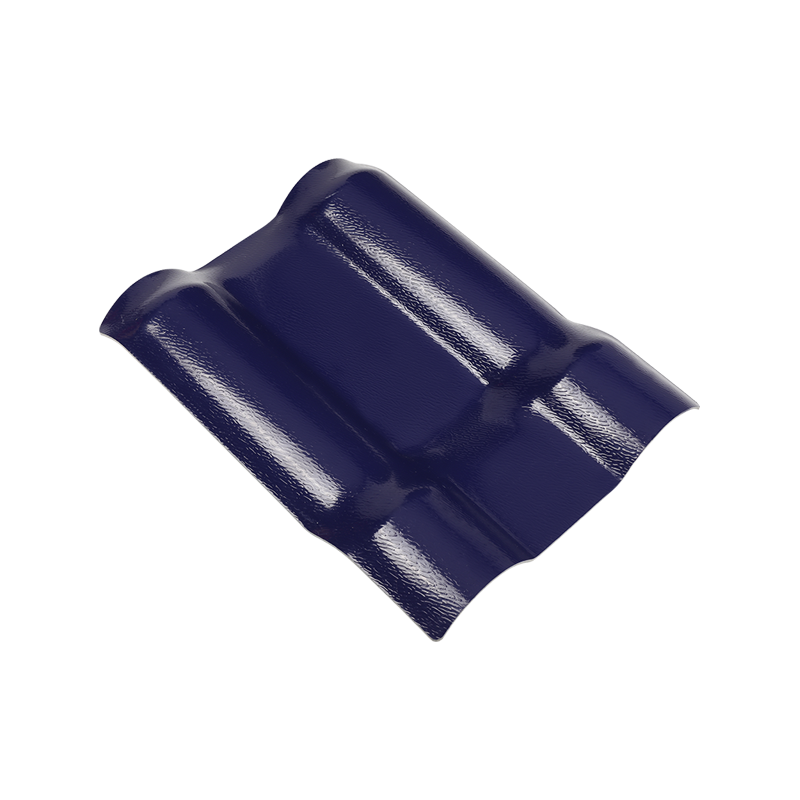
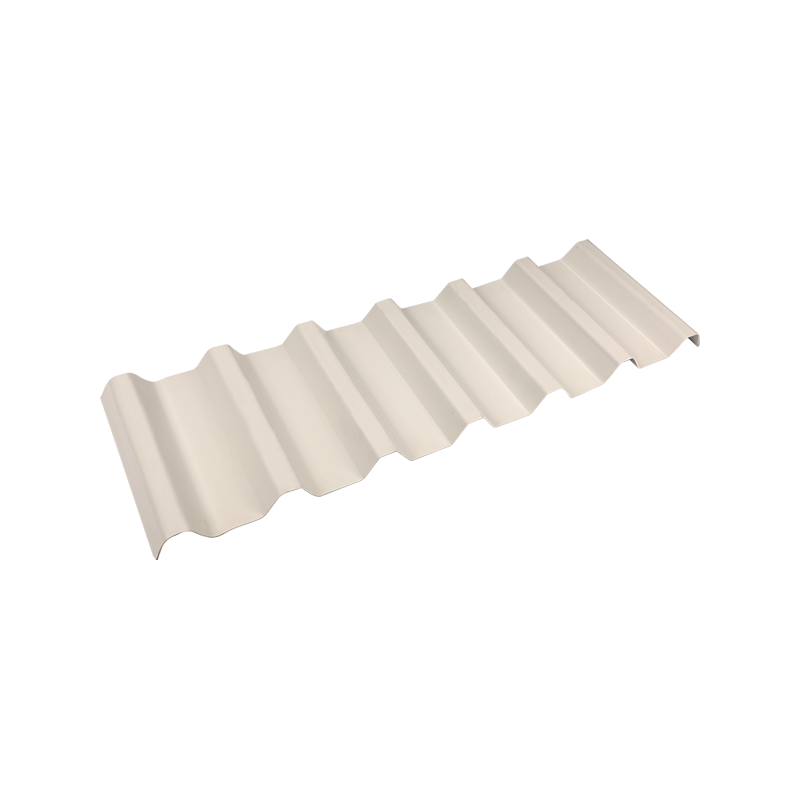
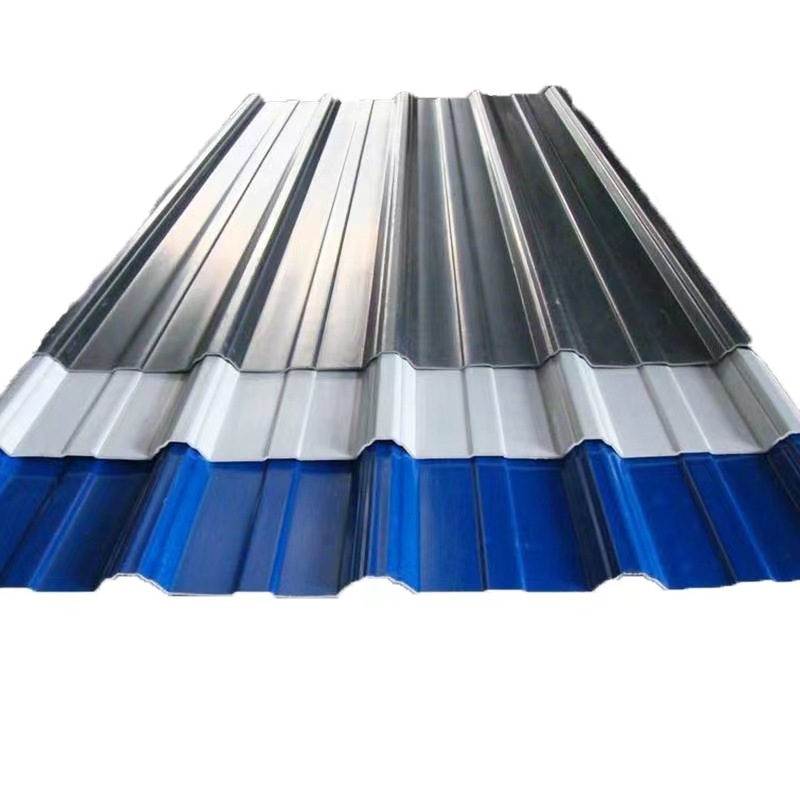
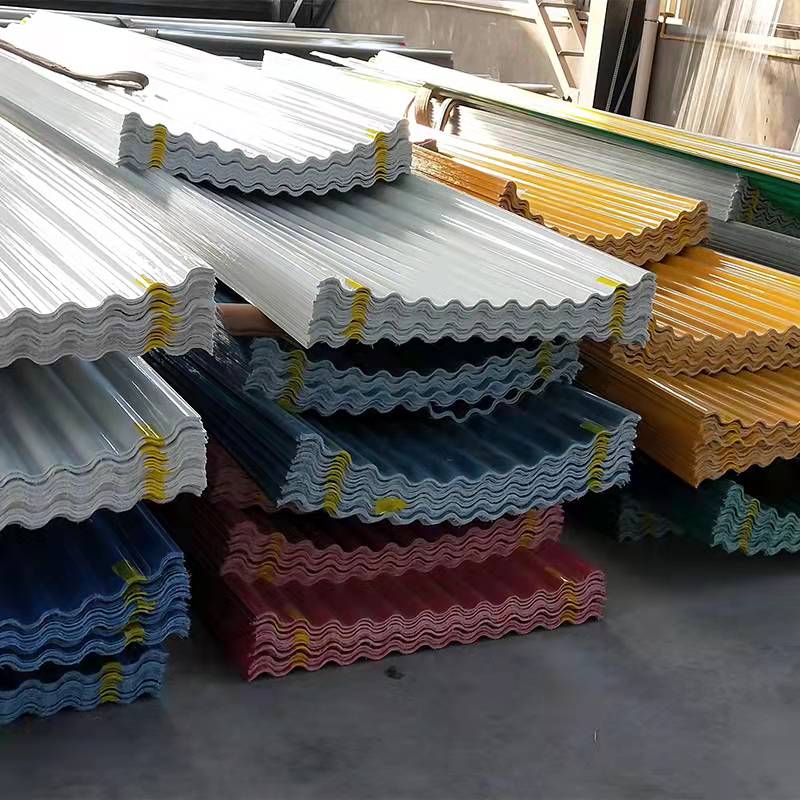
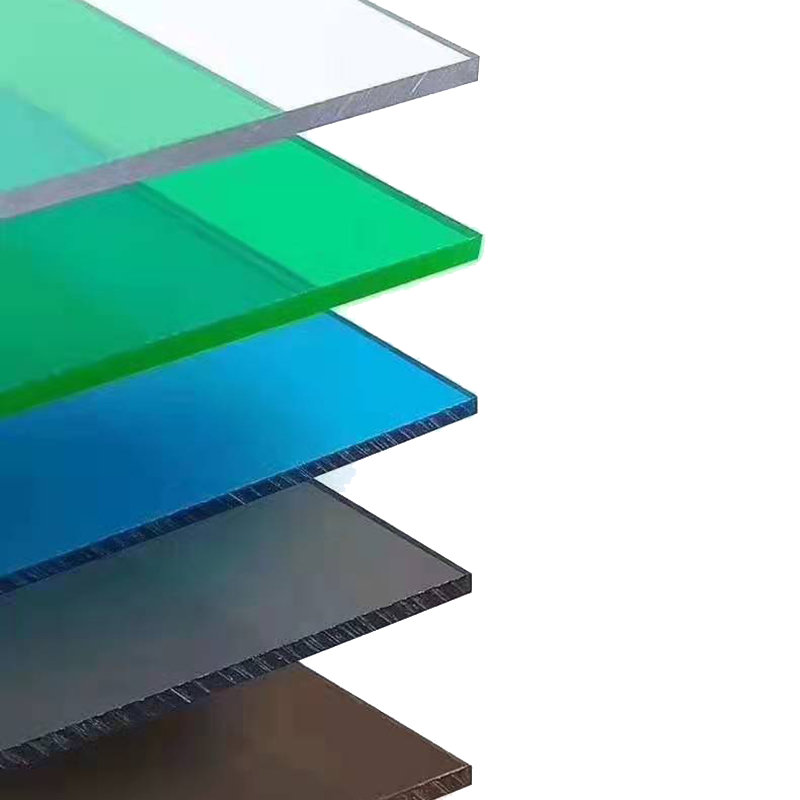
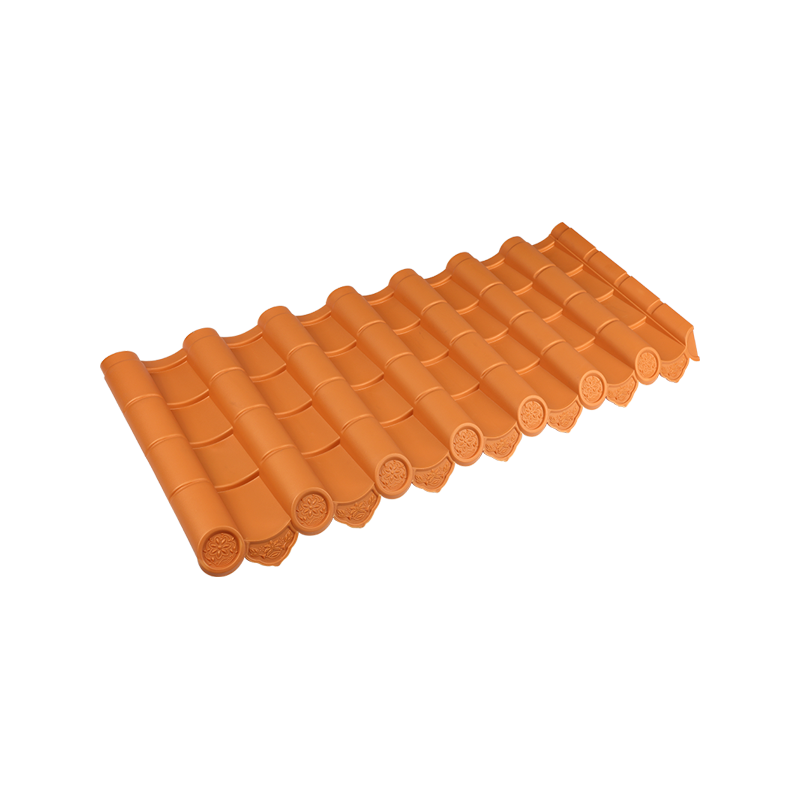
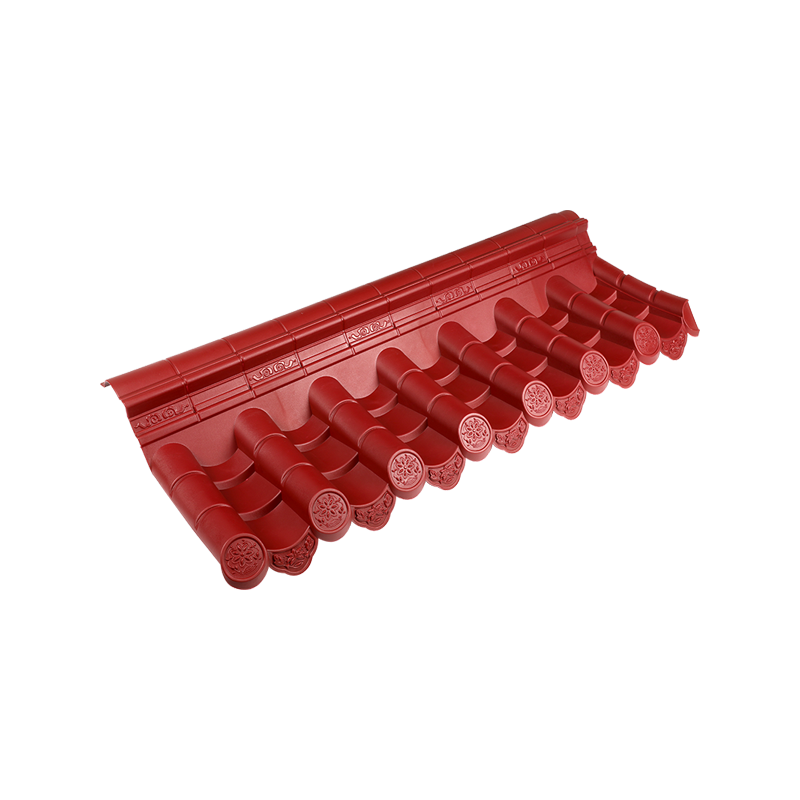


 Email:
Email: Phone:
Phone: Adress:
Adress: